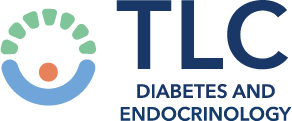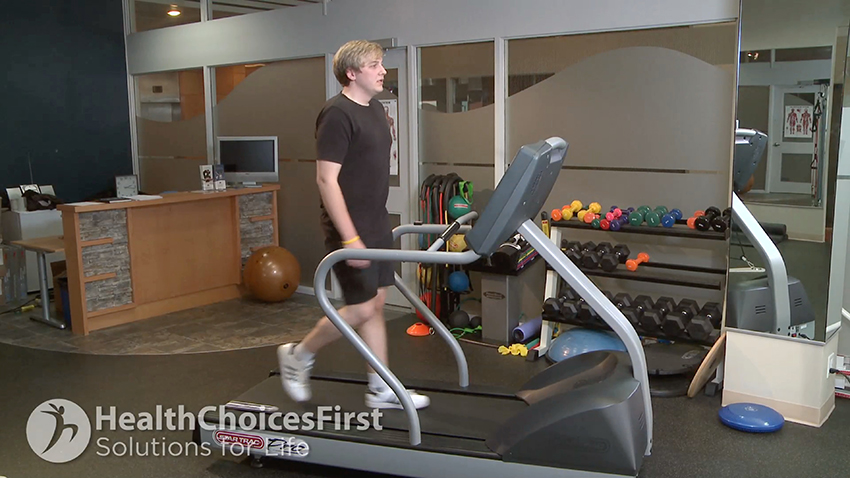Congestive Heart Failure

Knowledge is Power.
True/False - Quiz: Do You Understand Congestive Heart Failure?
Information - Congestive Heart Failure Treatment
 Congestive heart failure (CHF) is a very common condition with which millions of North Americans are diagnosed each year. It is the stage at which “heart failure” has led to a build up of fluid around the heart. This build up affects the efficiency of the heart muscle to pump blood throughout your body. Early treatment and management of congestive heart failure can have very positive affects on this condition, slowing its progression and possibly reversing it.
Congestive heart failure (CHF) is a very common condition with which millions of North Americans are diagnosed each year. It is the stage at which “heart failure” has led to a build up of fluid around the heart. This build up affects the efficiency of the heart muscle to pump blood throughout your body. Early treatment and management of congestive heart failure can have very positive affects on this condition, slowing its progression and possibly reversing it.
Causes & Symptoms of Congestive Heart Failure
There are different reasons why the heart muscle weakens, including a heart attack, heart valve disease or long-term high blood pressure. Symptoms of congestive heart failure include:
- Shortness of breath, especially during exercise
- Cough
- Fatigue
- Swelling of the feet and legs
If your healthcare provider suspects you may have congestive heart failure, he or she will perform a physical exam and tests such as echocardiogram, electrocardiogram, blood tests and stress tests. Depending on the results, you may need further testing such as a coronary angiogram.
Treatment of Congestive Heart Failure
Medications
The earlier congestive heart failure is diagnosed, the better the outcome. There are a number of medications that work to improve the heart’s pumping function and decrease heart failure symptoms, including:
- Beta blockers
- Angiotensin-converting enzyme (ACE) inhibitors
- Diuretics
- Angiotensin II receptor blockers
- Inotropes
Surgery
A pacemaker may be an option to improve heart function, while an implantable defibrillator can correct abnormal heart rhythms.
Lifestyle Changes
Lifestyle changes will also determine how successful your chronic heart failure treatment will be. It’s important to talk to your healthcare team to ensure your nutrition and exercise program are right for you and if other monitoring, such as daily weigh-ins, would be beneficial.
Nutrition
Regular follow-ups with your dietitian will help ensure you are getting all the nutrients you need and avoid hidden salt sources which could be impacting your condition.
A well balanced diet allows the body to receive all the nutrients it needs to thrive and effectively manage chronic conditions. The diet should include a colourful variety of vegetables and fruit, lean proteins and healthy fats. It is also very important to limit sugar and avoid processed foods.
Limiting dietary salt is a crucial component to managing congestive heart failure as it directly affects how much water your body retains. Fluid retention is one of the biggest issues heart failure patients face. In terms of salt intake, you should aim to eat less than 2,000 milligrams of sodium daily. On average the North American diet includes between 4000-5000 milligrams each day!
An effective dietary strategy to reduce sodium intake is by following the DASH diet. The DASH diet stands for Dietary Approaches to Stop Hypertension. The DASH diet encourages whole grains, lots of vegetables and fruit, nuts/seeds and legumes, lean meats and fish.
Here is an example meal plan:
Breakfast:
- 2/3 cup steel cut oatmeal with ¼ cup ground almonds and ¼ tsp cinnamon
- 1 cup mixed berries and 2 tbsp Greek yogurt
Lunch:
- Quinoa and bean salad – 1 cup cooked quinoa, ½ cup mixed beans, cucumber, green beans, red onion, shredded carrots, celery, balsamic vinaigrette.
- 1 cup cantaloupe
Snack:
- 1 cup seedless grapes and 1oz cheese
Dinner:
- Kale salad in lemon Caesar dressing
- 4oz grilled salmon
- Roasted cauliflower, sweet potato and white potato
- Baked apple in cinnamon
To learn more about the DASH diet click here.
In terms of nutrition and weight management, If you’re overweight or obese, and this weight is not caused by fluid retention, you’ll also need to address weight management with your healthcare team.
Exercise
Many patients will benefit from a cardiac rehabilitation program, and regular exercise is essential for all patients. Exercise is an important lifestyle factor that can help manage chronic heart failure. Ideally, an exercise prescription would include 10 -15 minutes of warm-up activities plus 20-30 minutes of aerobic and resistance exercise followed by a cool-down period of at least 5 minutes. This exercise prescription should be repeated 3-5 times a week.
Weight Monitoring
Another effective tool to managing water retention is daily weight monitoring. Just as a diabetic would do daily blood glucose check to manage their blood sugars, a person with heart failure should be doing a daily weight checks to monitor for fluid retention. Weigh yourself before breakfast and consult with your healthcare provider if you gain five pounds in a week or four pounds in two or three days.
With early diagnosis the patient and healthcare team can work together to manage congestive heart failure, allowing individuals to live a long, healthy and active life.
Talk to your cardiologist if you'd like more information on congestive heart failure.
Visit HealthChoicesFirst.com for more videos and resources on heart health.
Print this Action Plan and check off items that you want to discuss with your healthcare provider
-
Talk to family physician about scheduling an appointment with a cardiologist to perform a physical exam and order diagnostic tests to diagnose CHF.
-
Review medication plan with family physician and/or cardiologist.
-
Discuss with healthcare professional whether more serious interventions such as an angioplasty will be recommended.
-
Make an appointment with a Registered Dietitian to assess nutrient needs for CHF.
-
Start a cardiac rehabilitation program and regular exercise and regular exercise program.




